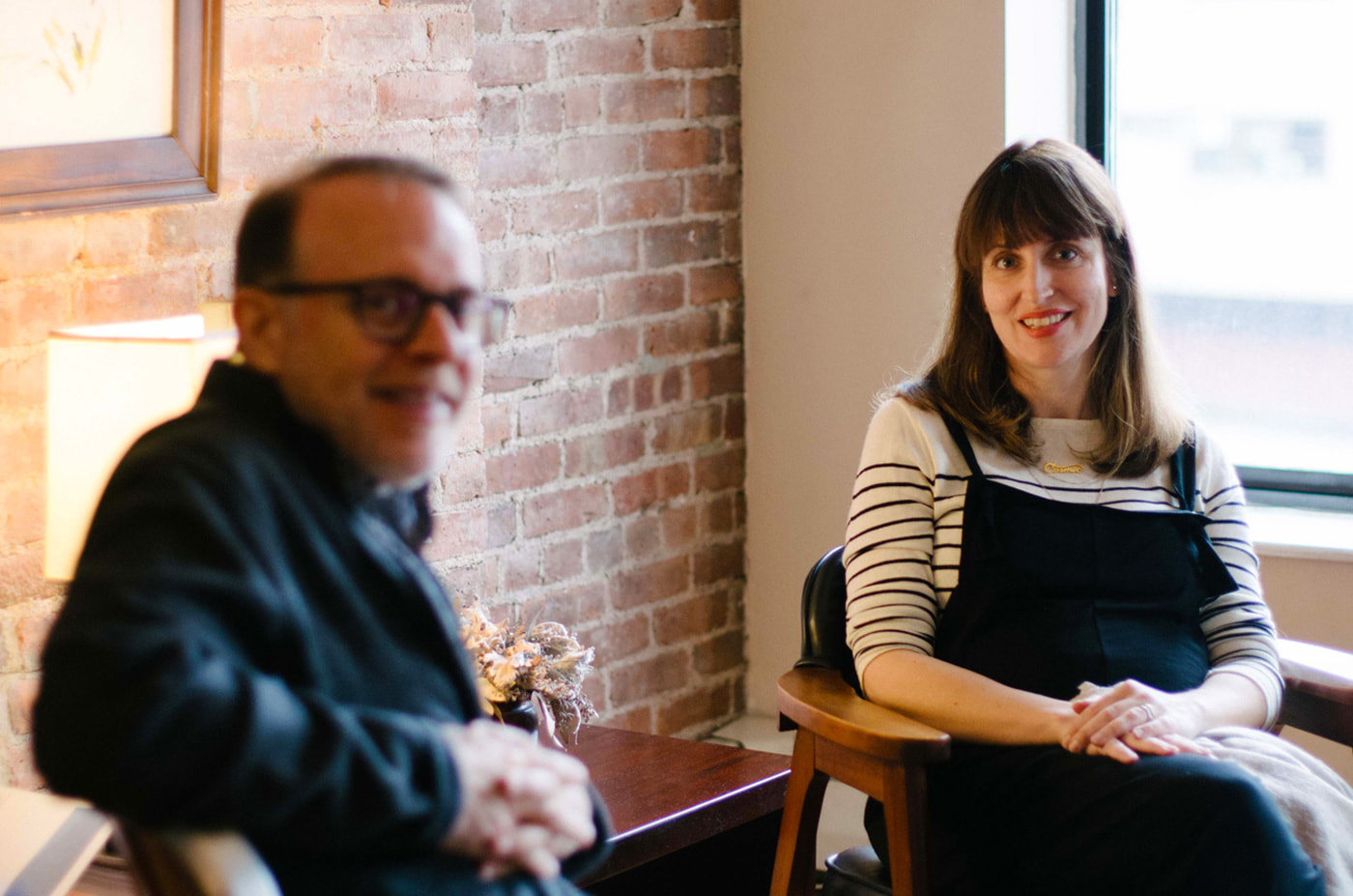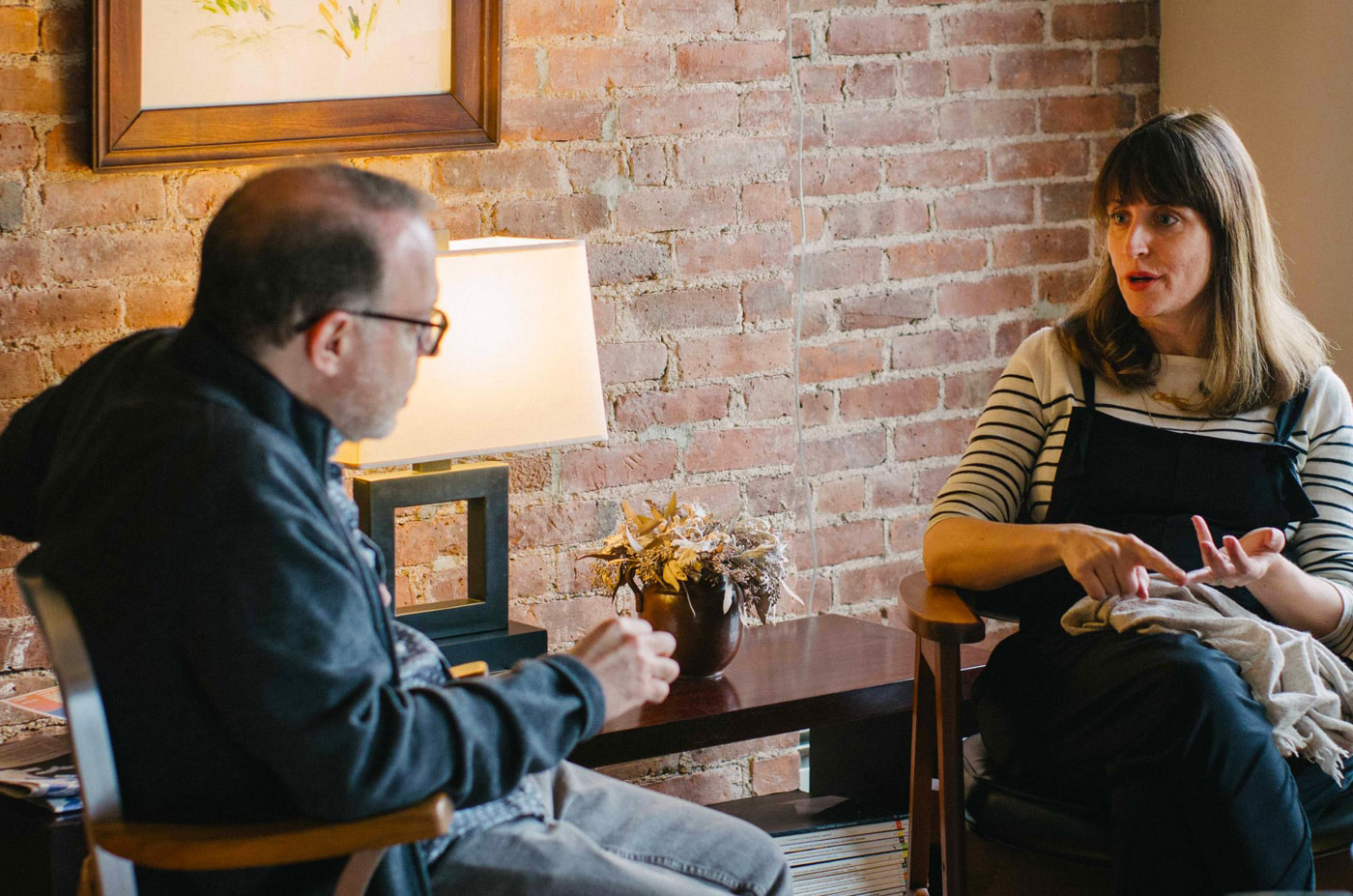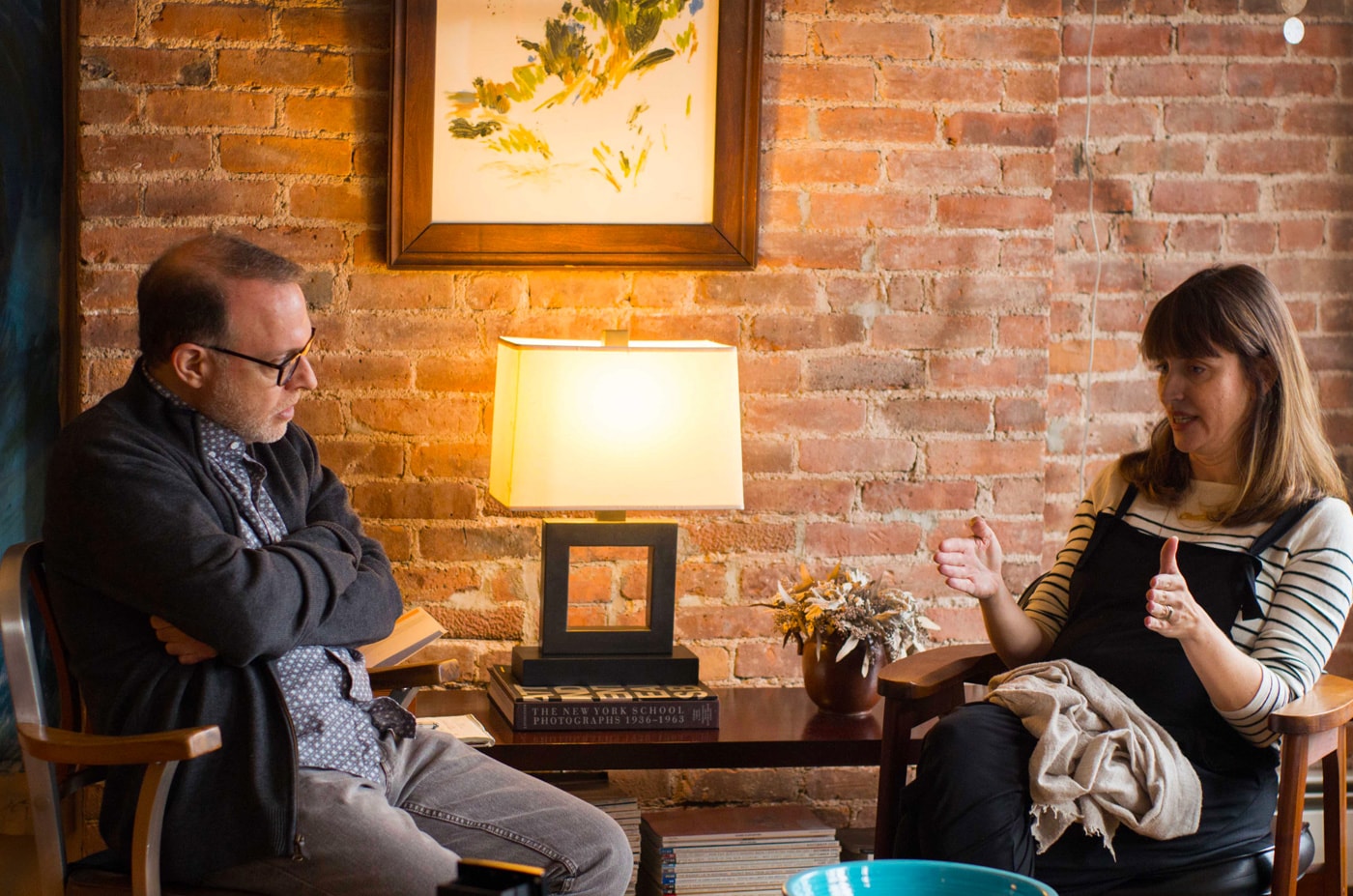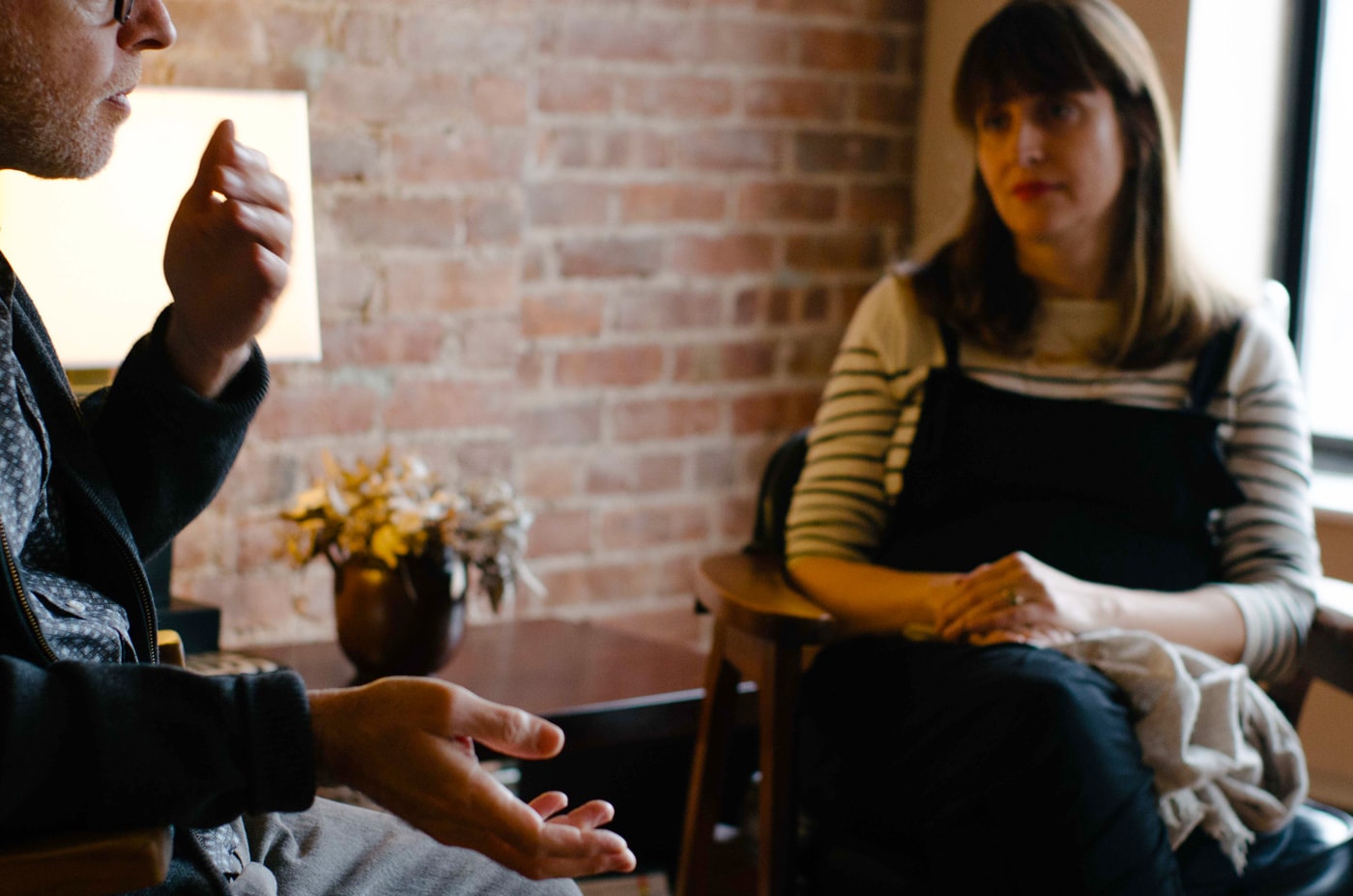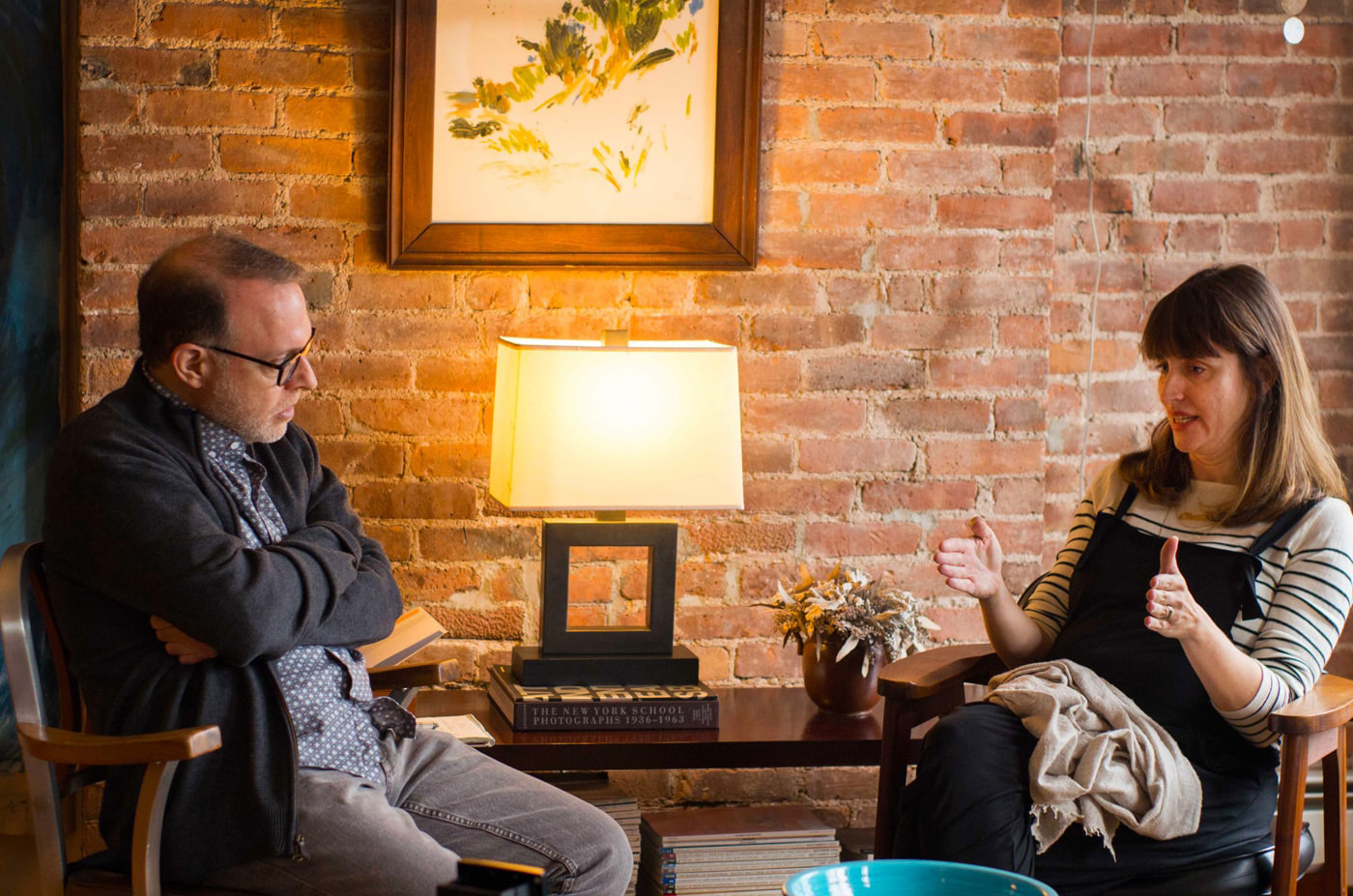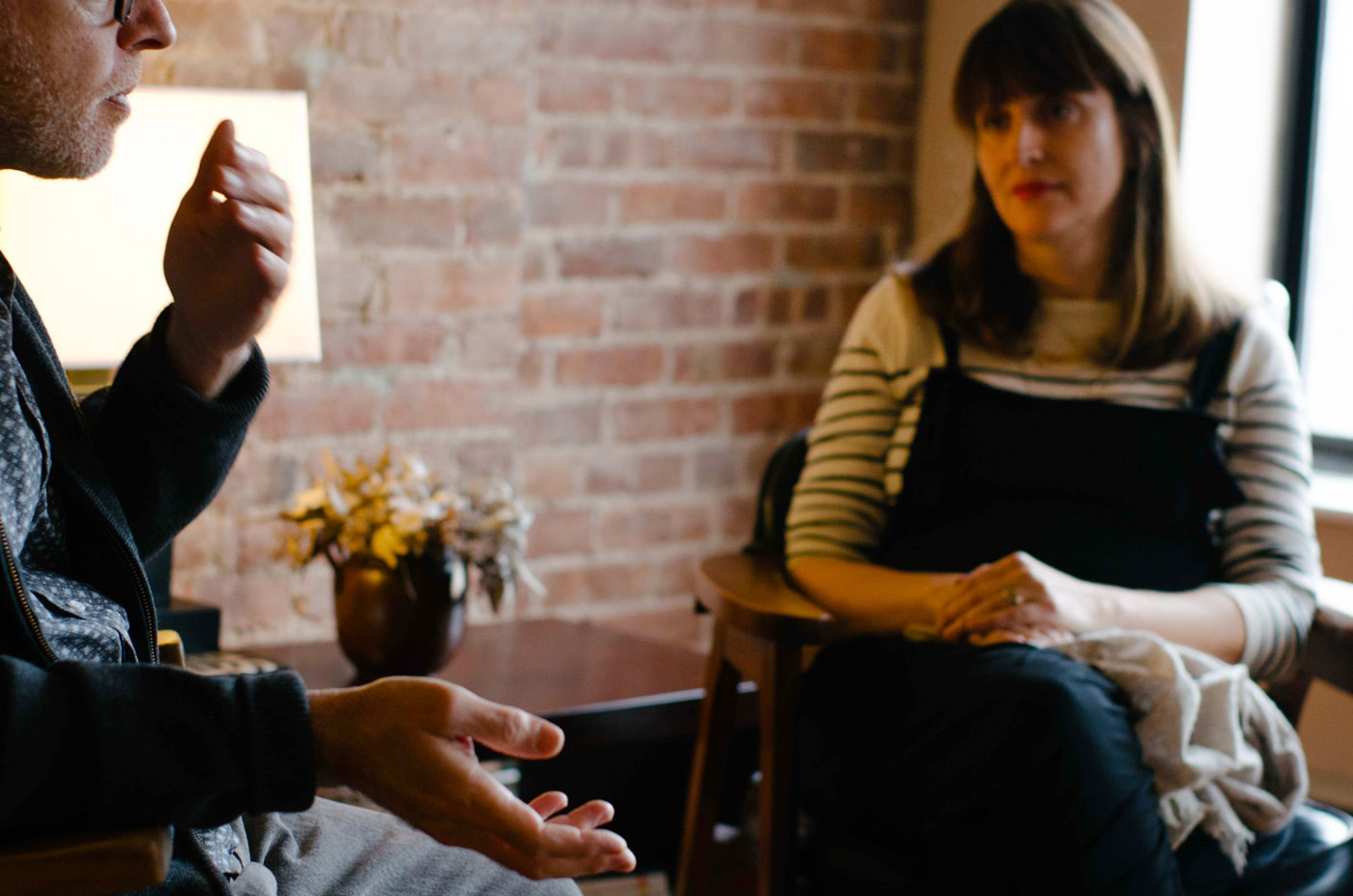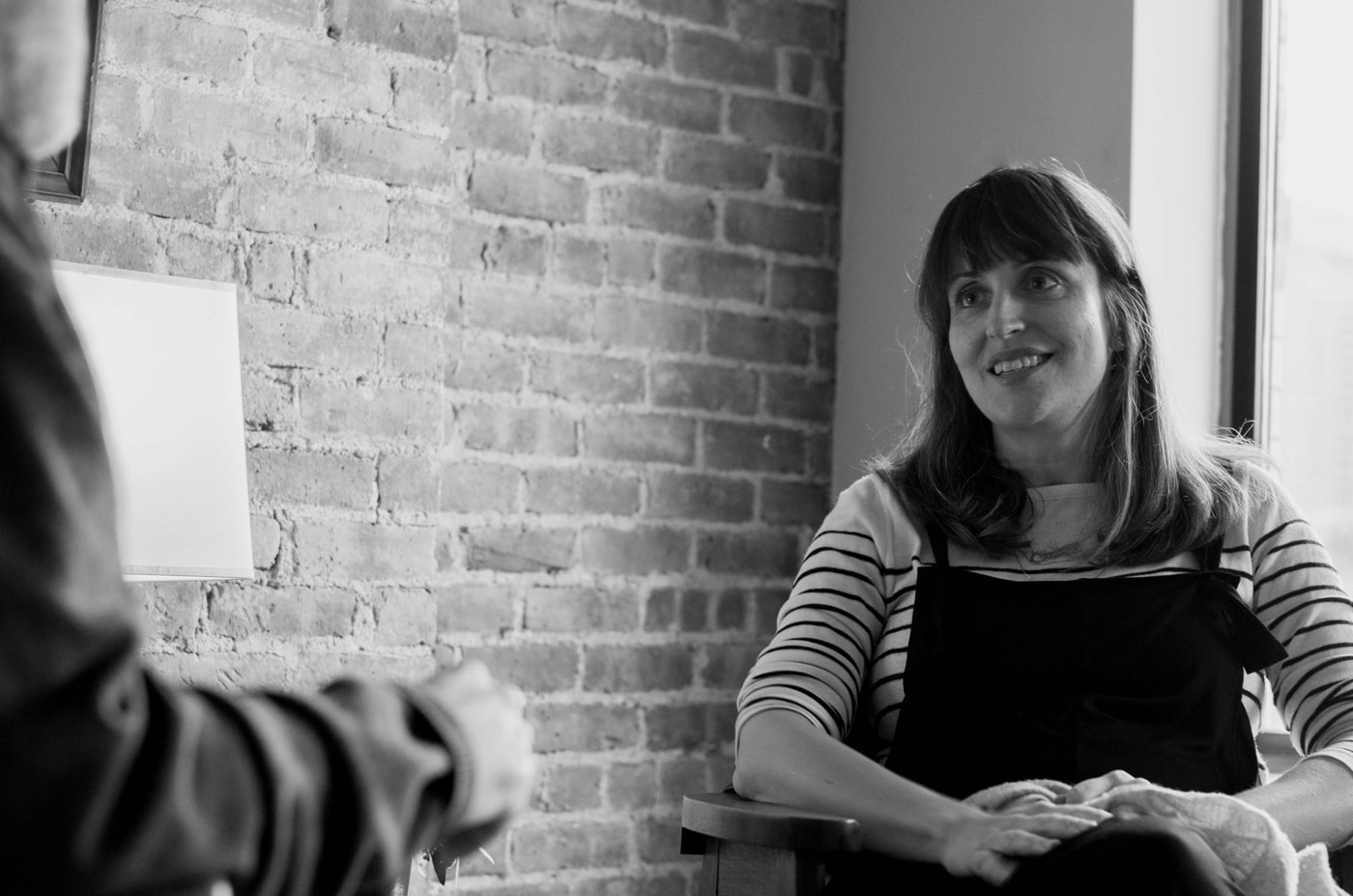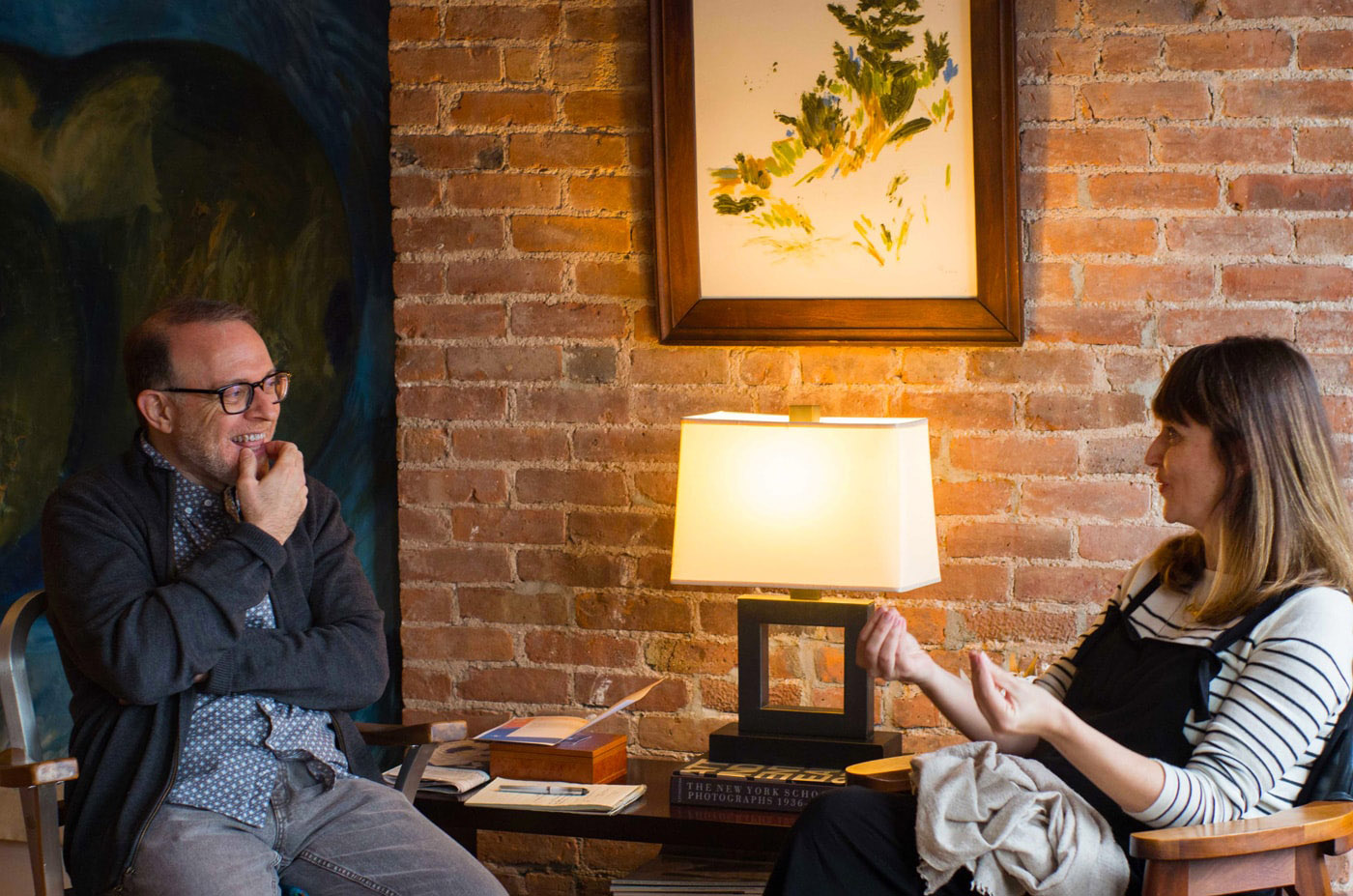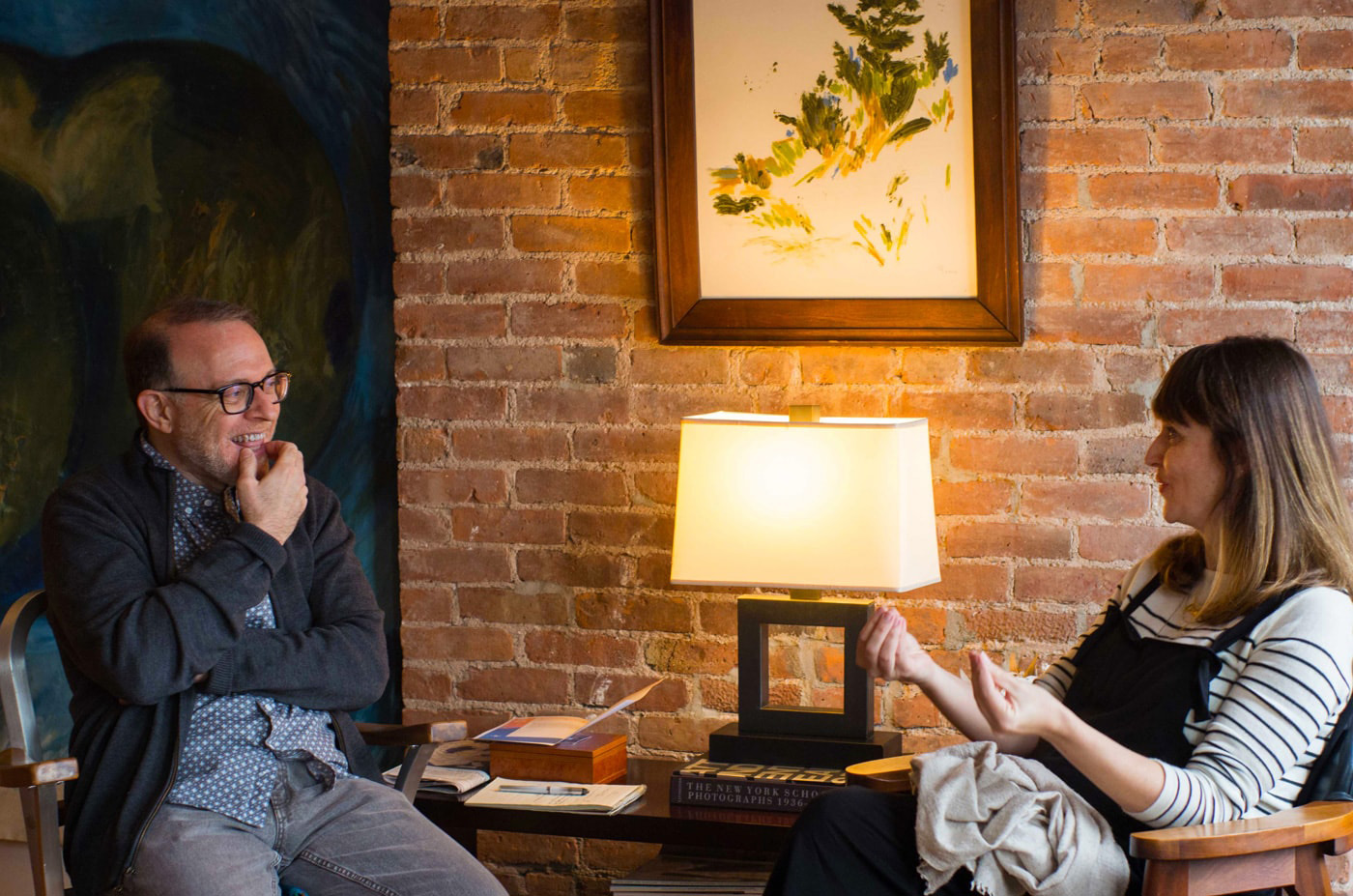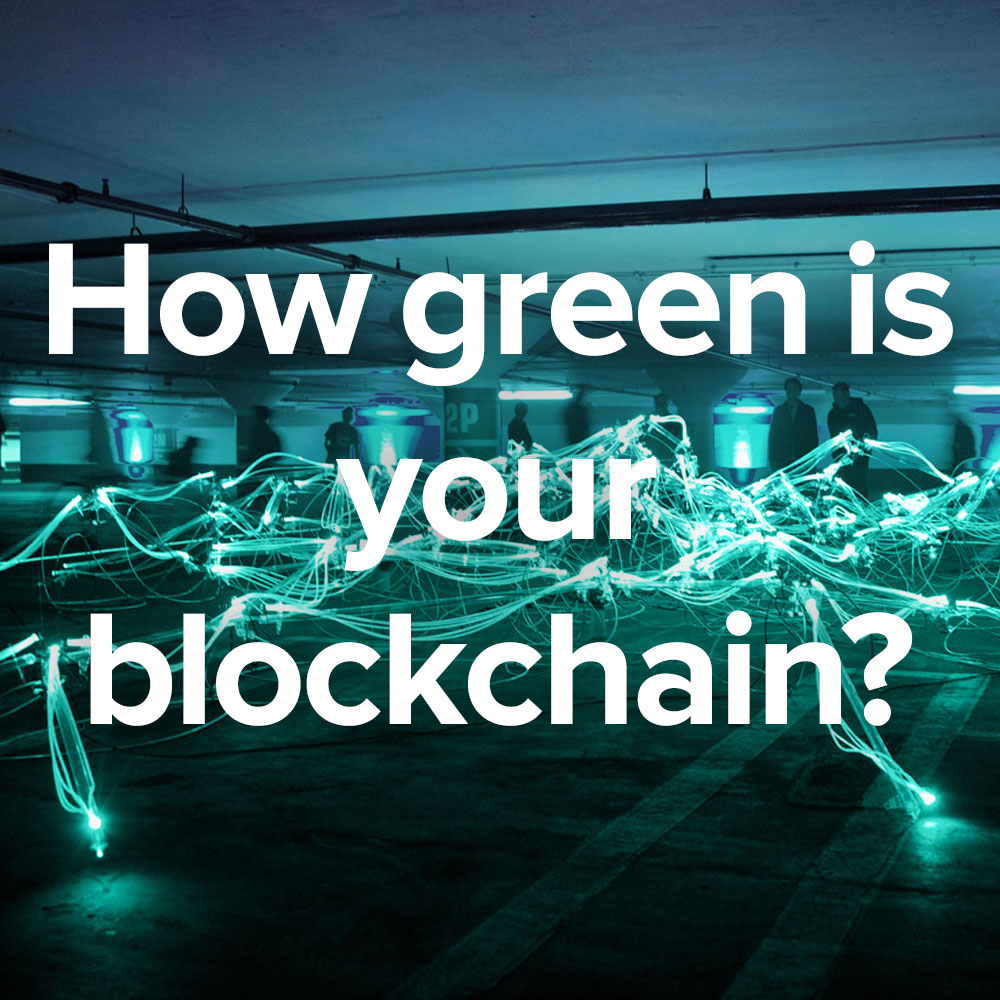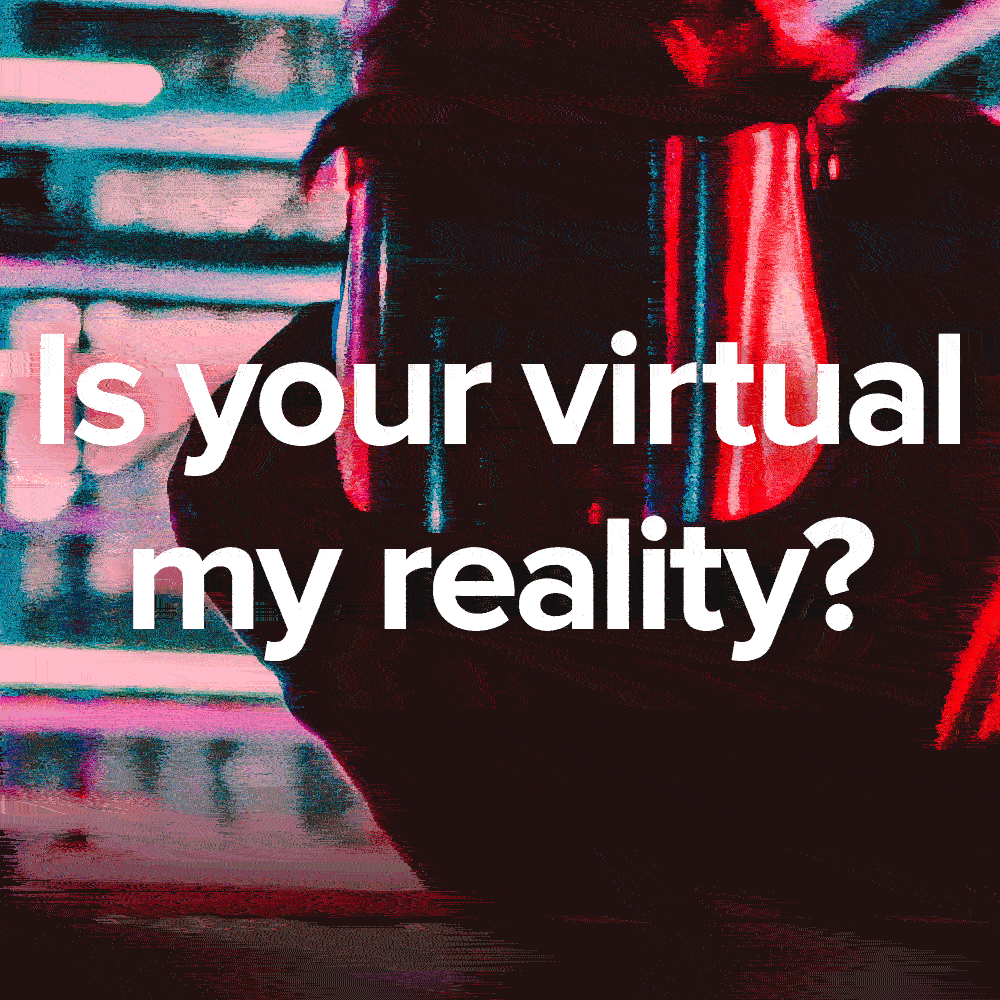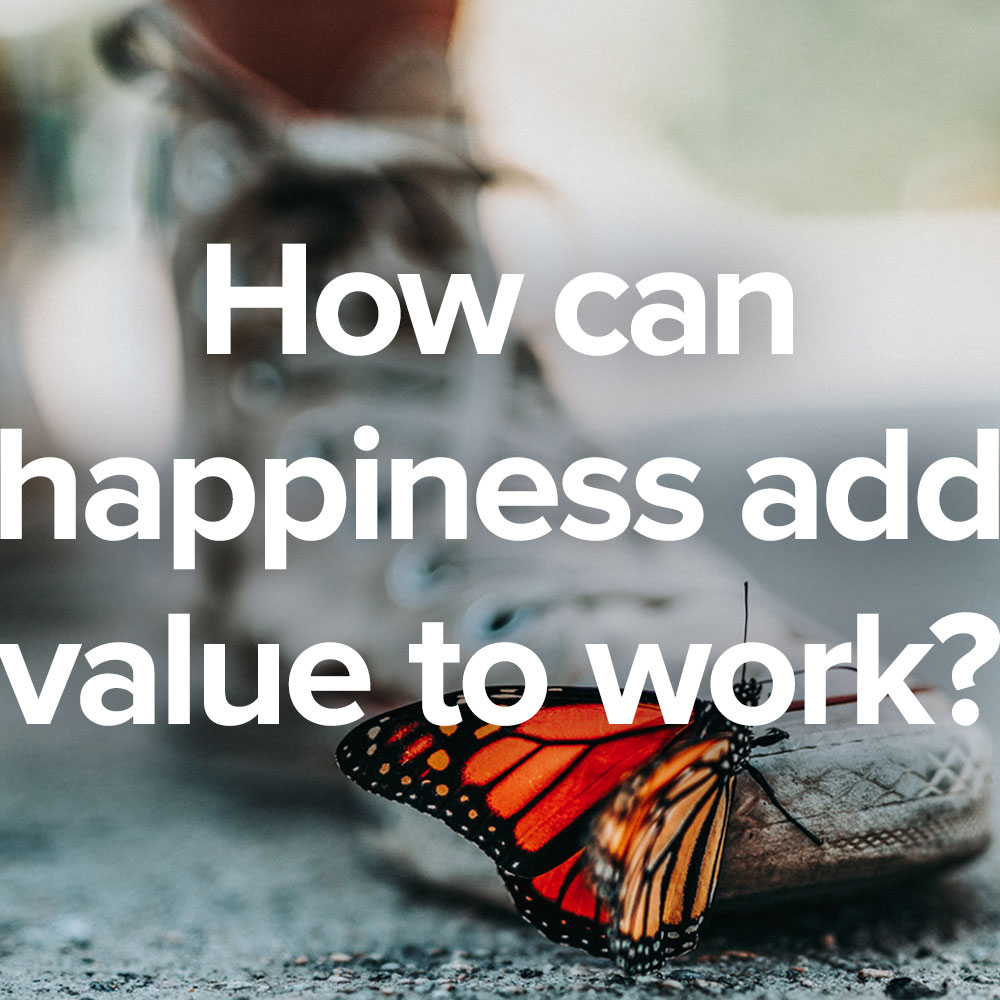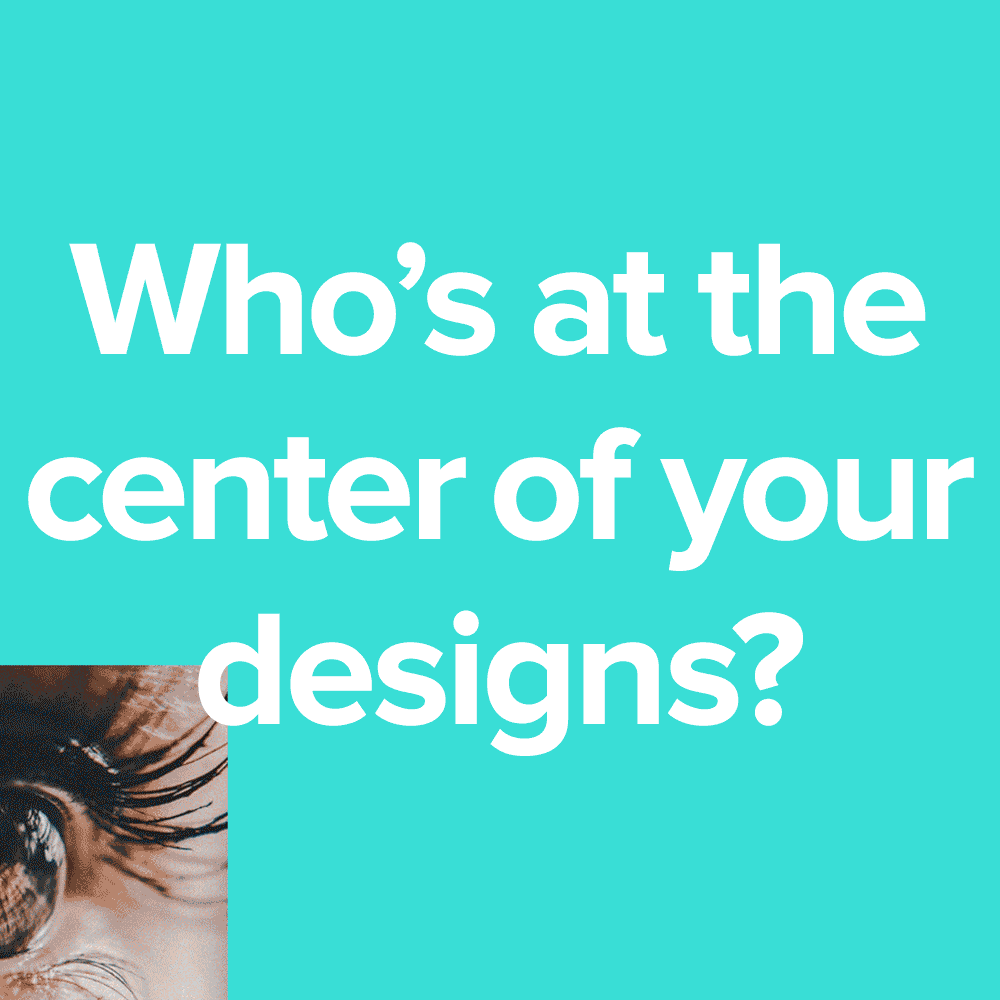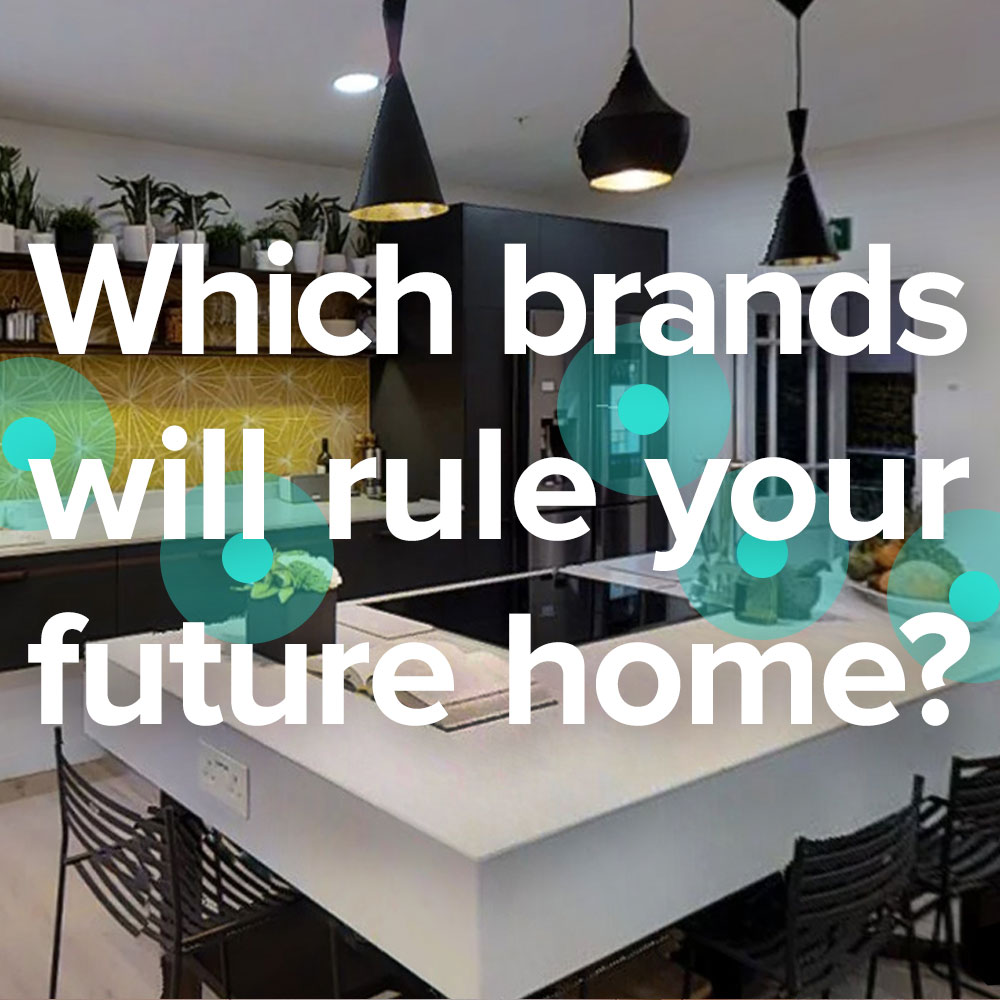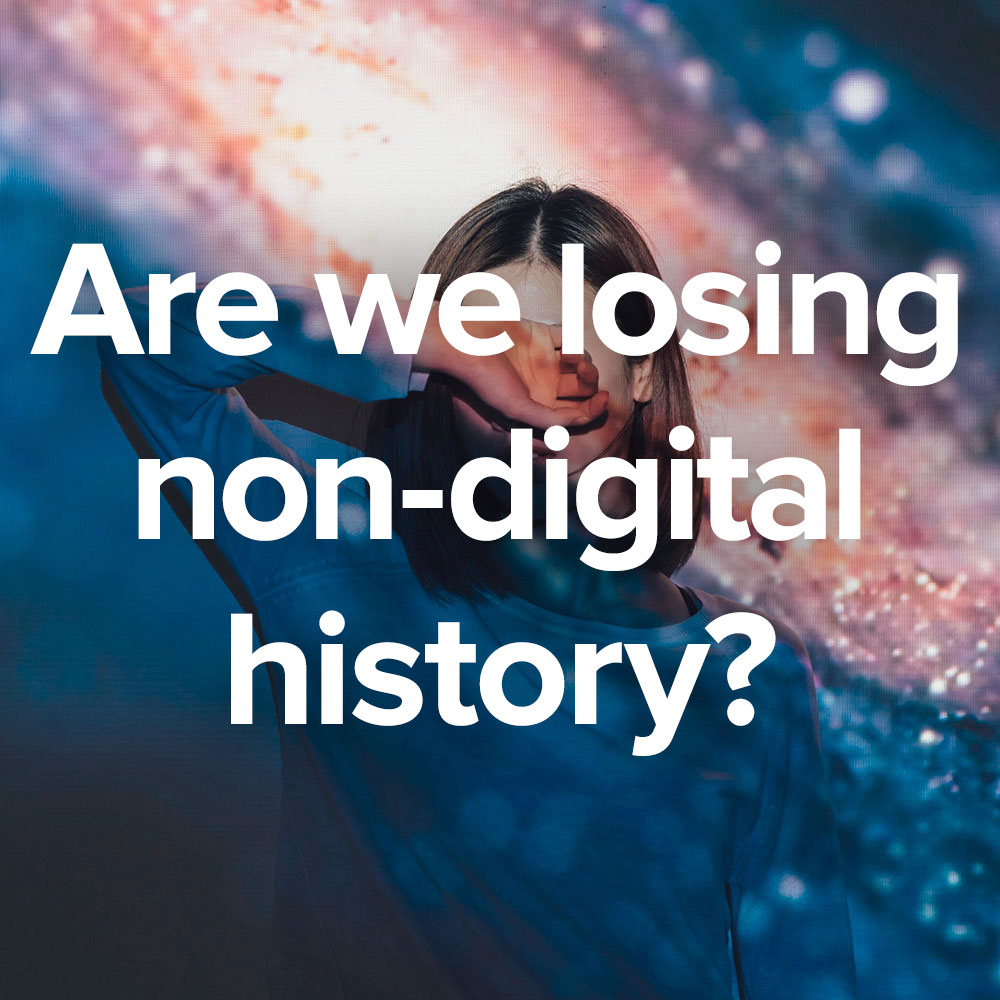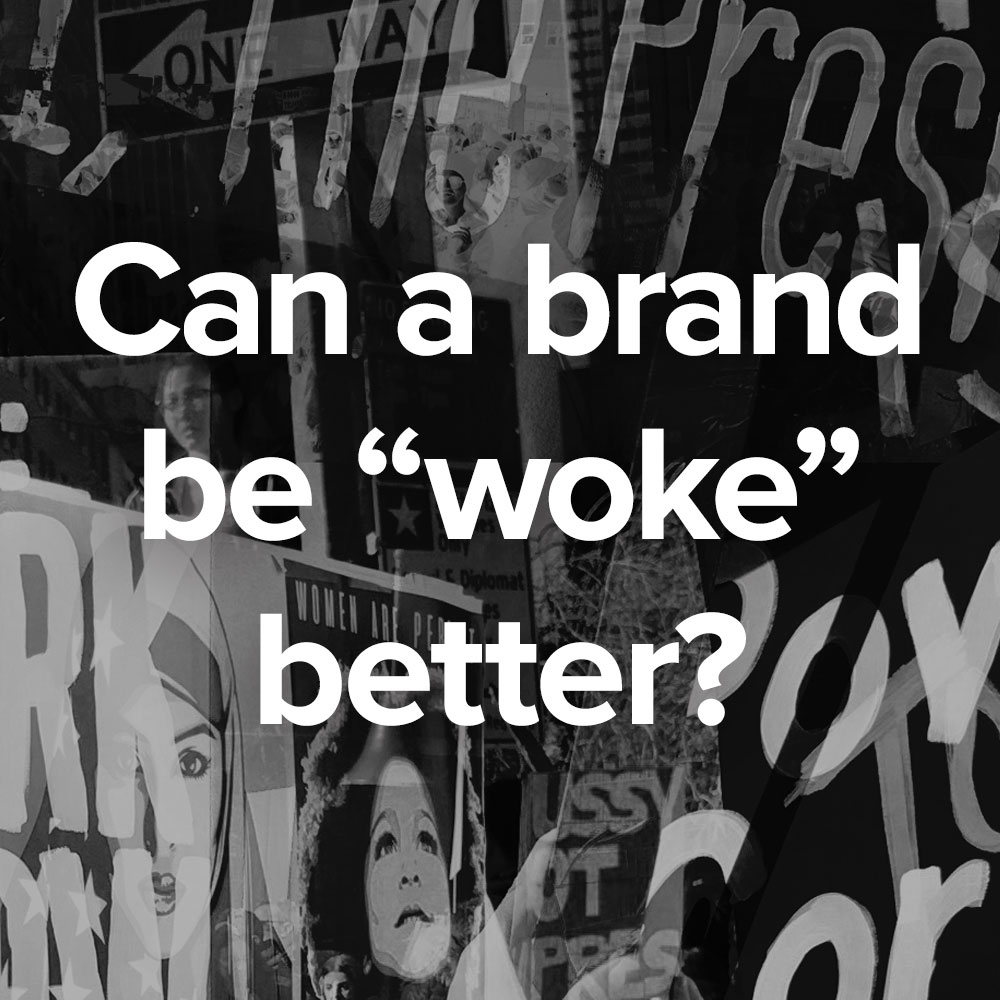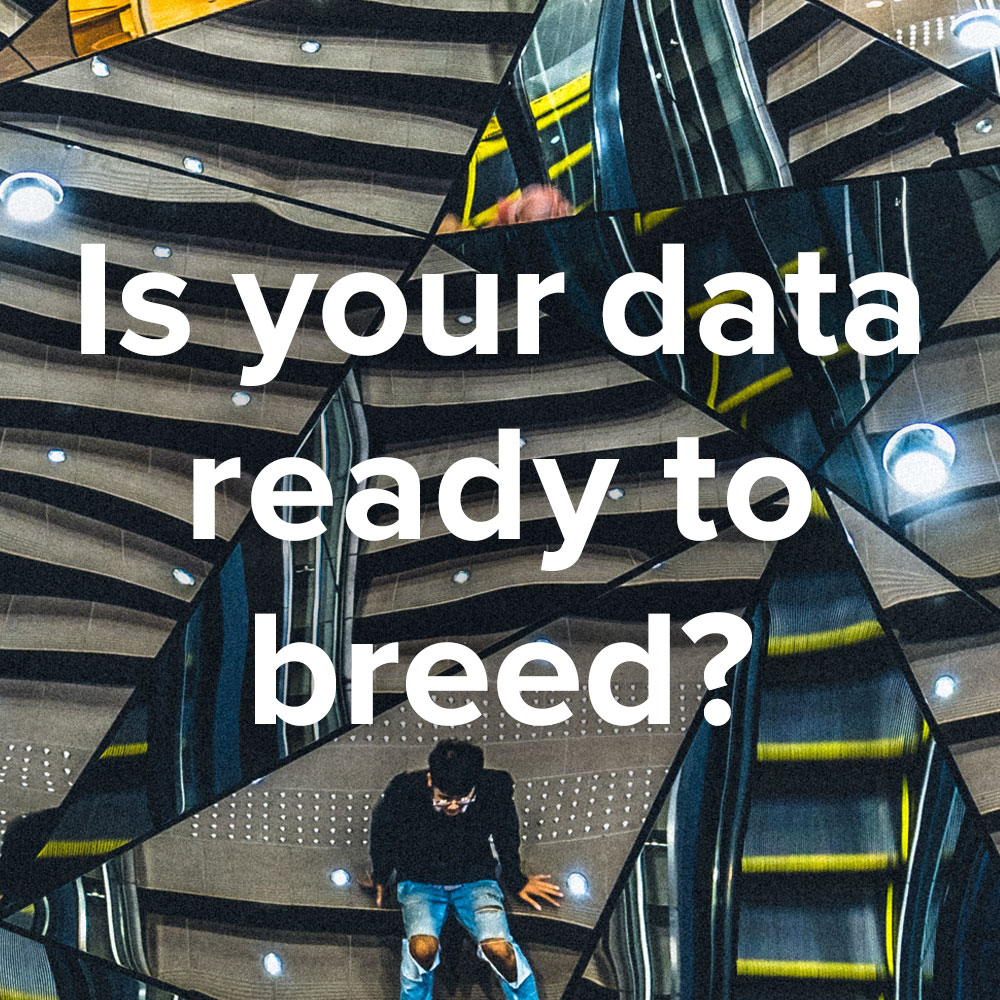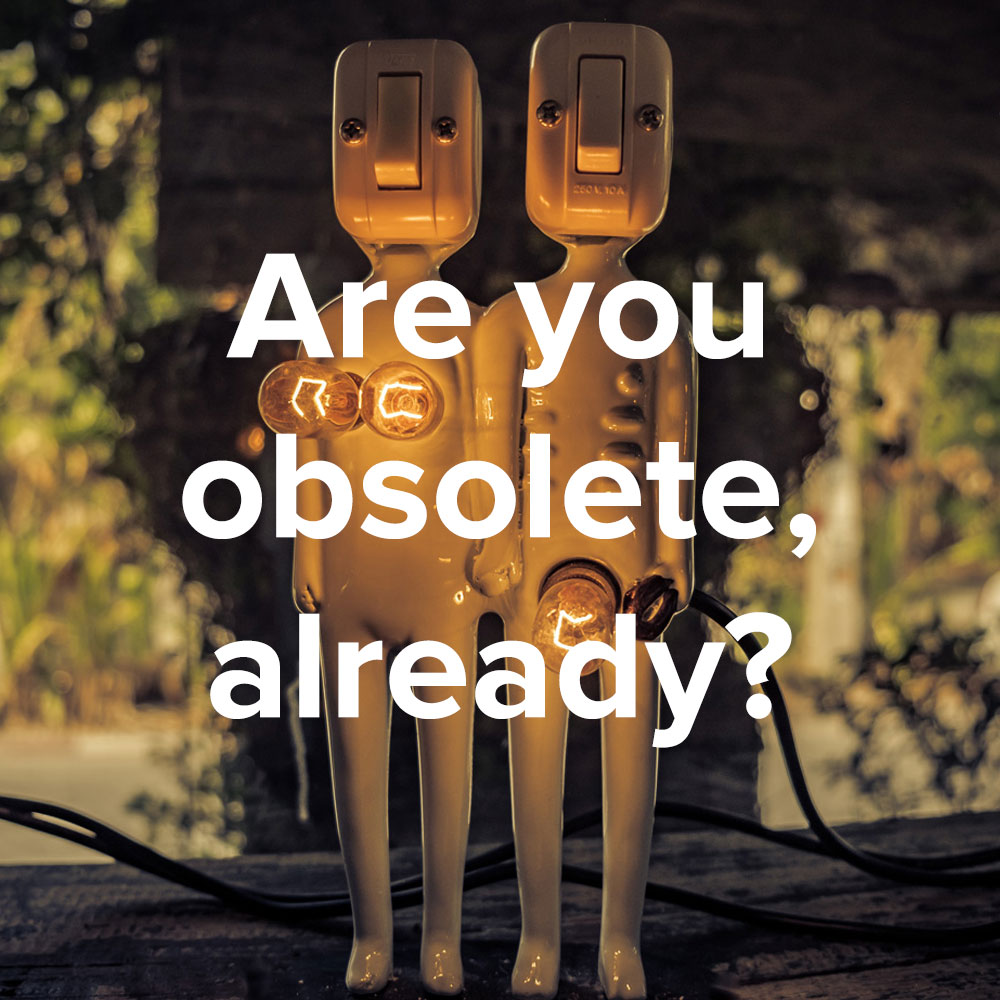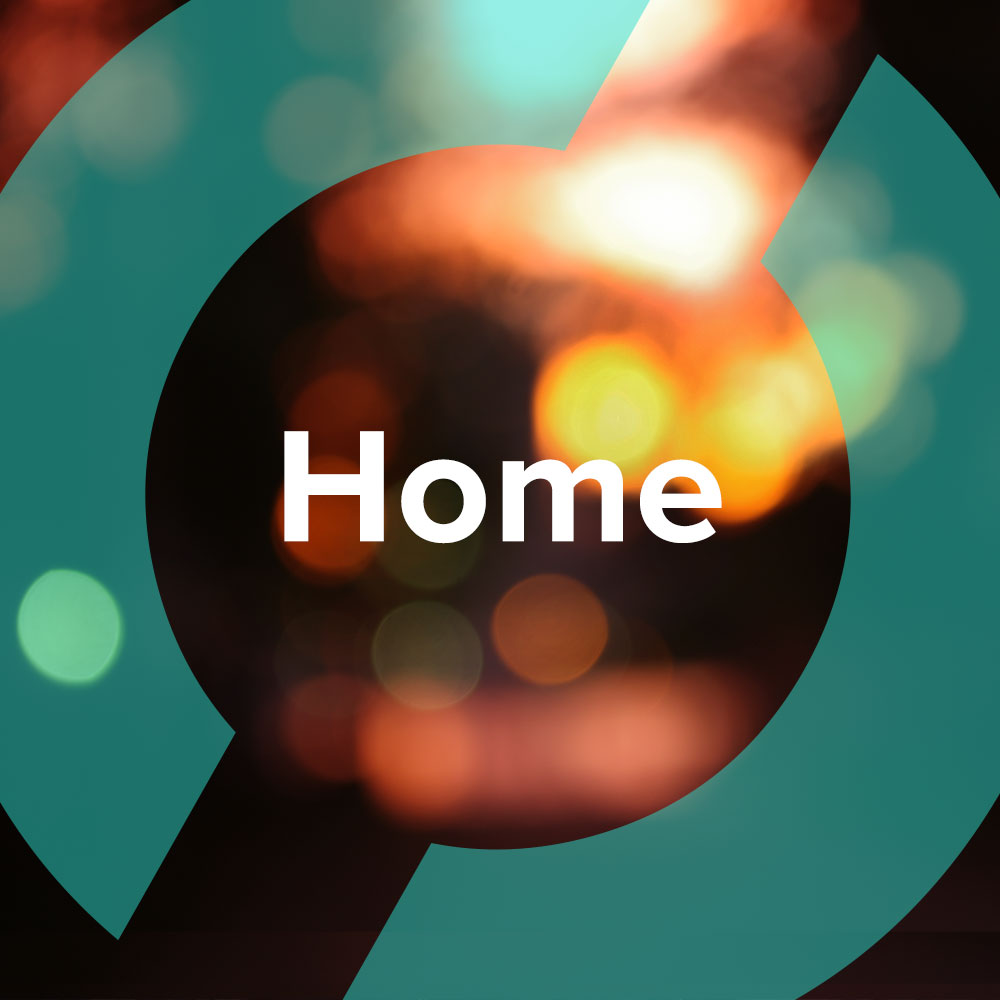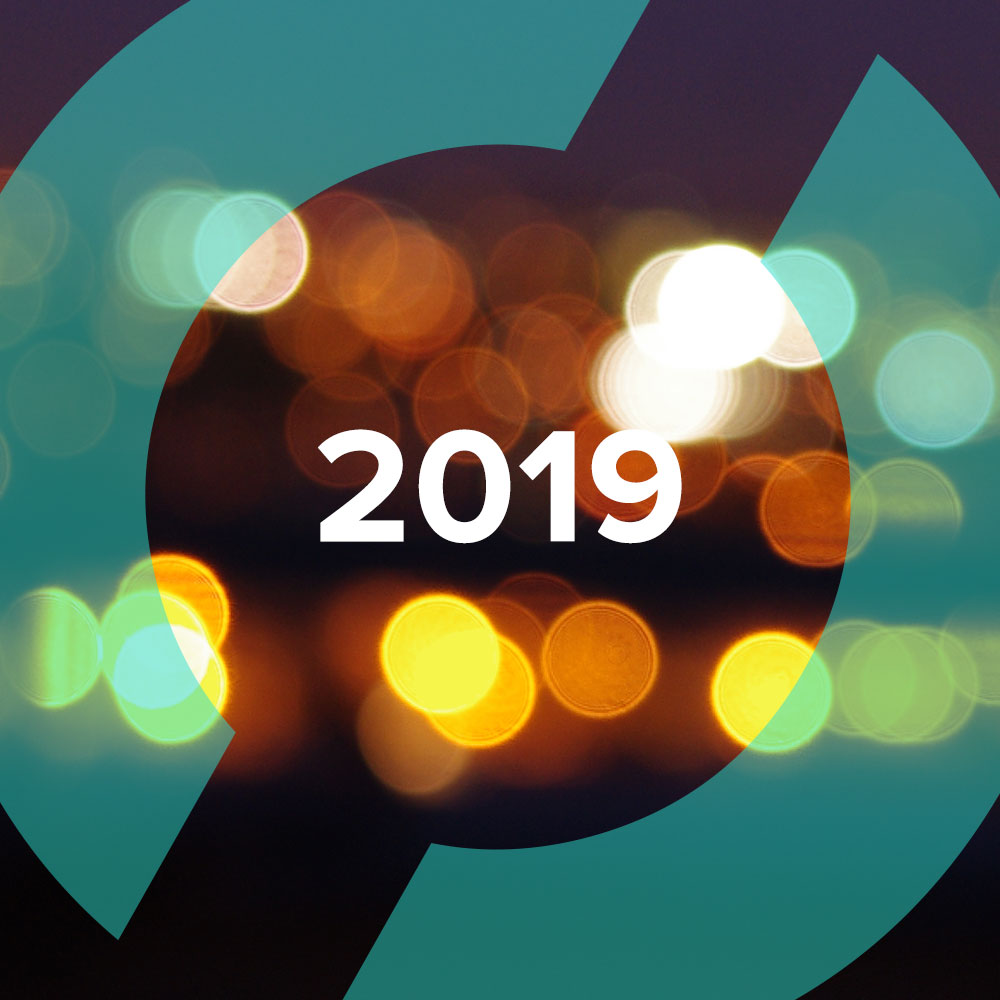“_________”
Ale on Women’s Voices.
The more diverse your board and leadership, the better a company performs. This is the thing, it’s not just about being morally right. There is a business imperative to all this. It’s better for businesses, companies perform better. There are numbers involved.
— Alessandra Lariu
Co-Founder of SheSays & Experience Design Consultant
— I’m looking out the window at the Chinatown skyline when Alessandra Lariu starts talking about the jungle. That’s where she grew up, a few years ago, when Porto Velho, Brazil, was barely a dot on the map. The closest big city north is Manaus, 900 klicks away. To the south, it’s La Paz, and that’s in Bolivia; you have to drive 29 hours through Peru to get there. In between, and east and west, you want green space? Perhaps her isolated youth is why Ale is driven to connect, both for a living (she’s a brand innovator) and as an avocation, as co-founder of SheSays, a global organization educating and empowering women, particularly about money and pay equality, which is our topic today. It may also be why after many years in London, she’s also at home in a jungle of a different sort, New York City.
Where are you from originally?
Alessandra — I’m from Brazil. From one to 10, I lived in the Amazon jungle, like the proper middle of nowhere.
You lived upriver.
Yeah, yeah. My dad was a doctor and they were looking for doctors to go to these remote areas, and he said, ‘okay, I'll go,’ so off we went.
As a young child, how did you entertain yourself?
Well, you know, I used to play with the Brazilian indigenous people. In the beginning, it was so remote, it was like, petrol generators and we only had electricity for a certain period of time in the night. But if you're a kid, it's great, the jungle, so you can give me snakes and spiders and big insects any time.
That’s really interesting, because I read recently how the British are starting to encourage children—boys and girls—to take physical risks.
Mine was more like getting attacked by animals, or getting malaria, nature risk. It was just kind of different in that way. But, yes.
“For real change, we need the leaders to be on board, men to be on board, men to be aware, everybody to know this. It’s not just going to be women talking to women.”
I know you also spent a great deal of time in England, so you have plenty of experience living in other cultures. What are you noticing that’s culturally different in how men approach women in the workplace … pay inequities … how does that all work in these other cultures? We know how it works here, and it doesn’t work very well.
It doesn’t work very well anywhere. I think England is even worse, I worked there. It starts with us and our parents and the way young women are brought up. We’re not brought up to deal with risk, we're brought up to be content and be a good girl, we’re not brought up to approach risk.
I know you also spent a great deal of time in England, so you have plenty of experience living in other cultures. What are you noticing that’s culturally different in how men approach women in the workplace … pay inequities … how does that all work in these other cultures? We know how it works here, and it doesn’t work very well.
It doesn’t work very well anywhere. I think England is even worse, I worked there. It starts with us and our parents and the way young women are brought up. We’re not brought up to deal with risk, we're brought up to be content and be a good girl, we’re not brought up to approach risk.
What are some of the challenges?
SheSays is set up to help women the creative industries. But then think about industries like construction; how can we get to other industries? I wish I could start a SheSays for construction workers. But what we are going to do is have a free career-advice tool for all women, where you can input if you’re an introvert, an extrovert, senior, midway, junior, and, if you want advice on X, Y and Z, advice will pop up that is more tailored to you. In the future, I envision this platform going beyond creative and expanding into any industry.
Also, we want everything with SheSays to be free, because then there are no barriers to entry.
Are the pay inequities as pervasive at the lower level jobs, the $15-an-hour jobs, $12-an-hour jobs, as it is as the $120K level, for example, that creatives might make?
Yeah, and the pay gap gets even worse if you’re, like, a black woman or Latina. It’s just insane. It’s not just gender, but also your background, and your ethnicity.
Do you think to really get where you want to go, it’s ultimately going to take 20 or 30 years of retraining children so that when they’re in power positions, it becomes second nature? Where a man will not look at an opportunity to hire a woman for less because she’s a woman, because it would never even occur to him in the first place?
This time period has to be shorter because while we have to do the bottom-up approach of educating the new generation differently, we also need to do the top-down approach. The top-down is happening now. At least in some industries and some countries, boards are being reviewed, women are speaking up, so we need both approaches combined, and then we’ll get somewhere great.
Sometimes I wonder whether in the effort to educate women, there is a missed opportunity to educate men.
Yes, I think so. It’s my personal opinion that ‘a women’s issue’ is everybody’s issue. For example, a company just doing a women’s initiative to check a box won’t foster real change. For real change, we need the leaders to be on board, men to be on board, men to be aware, everybody to know this. It’s not just going to be women talking to women.
#MeToo has been going on for seven months, full bore, front page; companies should immediately audit their staff, figure out where the pay inequities are, and close the gaps. Proactively.
Right. And right now, U.K. companies have to declare that pay gap. More countries have to do what Iceland is doing, which is to issue a fine if a woman is paid less than a man for equal work.
All interview photos exclusively photographed by Chloe Sobel in Chinatown, NYC.
“We have to change the way we work, and that involves men and women. We need to understand that boards have to be diverse, that 9-5 is bullshit, that it’s wrong to think that mothers perform worse than their colleagues when research proves the opposite. There are tactical things that we can do to tackle the pay gap, but there is a bigger picture here.”
Tell me, if you were counseling, say, a 25-year-old woman, just starting out in her marketing career, what advice would you give her?
I try to make my advice personal, especially since the person’s background makes such a difference. So, let’s assume I am talking to a natural introvert. I would advise her to just kind of silence that voice that says something is not for you. Go for it, whatever it is, and just try it, because what have you got to lose? Ask for exactly what you want. Especially about pay. And see what happens. People can say no, and you can negotiate. But sometimes women just don’t ask or take risks. When it comes to looking for a new opportunity, if a man looks at a job description and he matches 60% of the requirements, he will apply, but for women, if they don’t match 100% of the requirements, they won’t apply. They absolutely should.
And if you were counseling a male entrepreneur starting a business, what advice would you give him?
Hire the most diverse C-suite you can get: women, people from different backgrounds, ethnicities, because the more diverse your board and leadership, the better a company performs. This is the thing, it’s not just about being morally right. There is a business imperative to all this. It's better for businesses, companies perform better. There are numbers involved.
“Melinda Gates put it amazingly when she said women are still working in an environment made for their fathers. But it’s not just women, it’s everybody. We need to change the way we work.”
Are gender inequality and the pay gap, in fact, part of a bigger problem?
Yes. There is a bigger picture here: We fundamentally have to change the way we work, and that involves men and women. We need to understand that boards have to be diverse, we need to understand that 9-5 is bullshit, we need to understand that it’s wrong to think that mothers perform worse than their colleagues do when actually research proves the opposite. There are some tactical things that we can do to tackle the pay gap, but there is a much bigger picture here.
Melinda Gates put it amazingly when she said women are still working in an environment made for their fathers. But it’s not just women, it’s everybody. So we need to change the way we work, too.
Thanks Ale!


